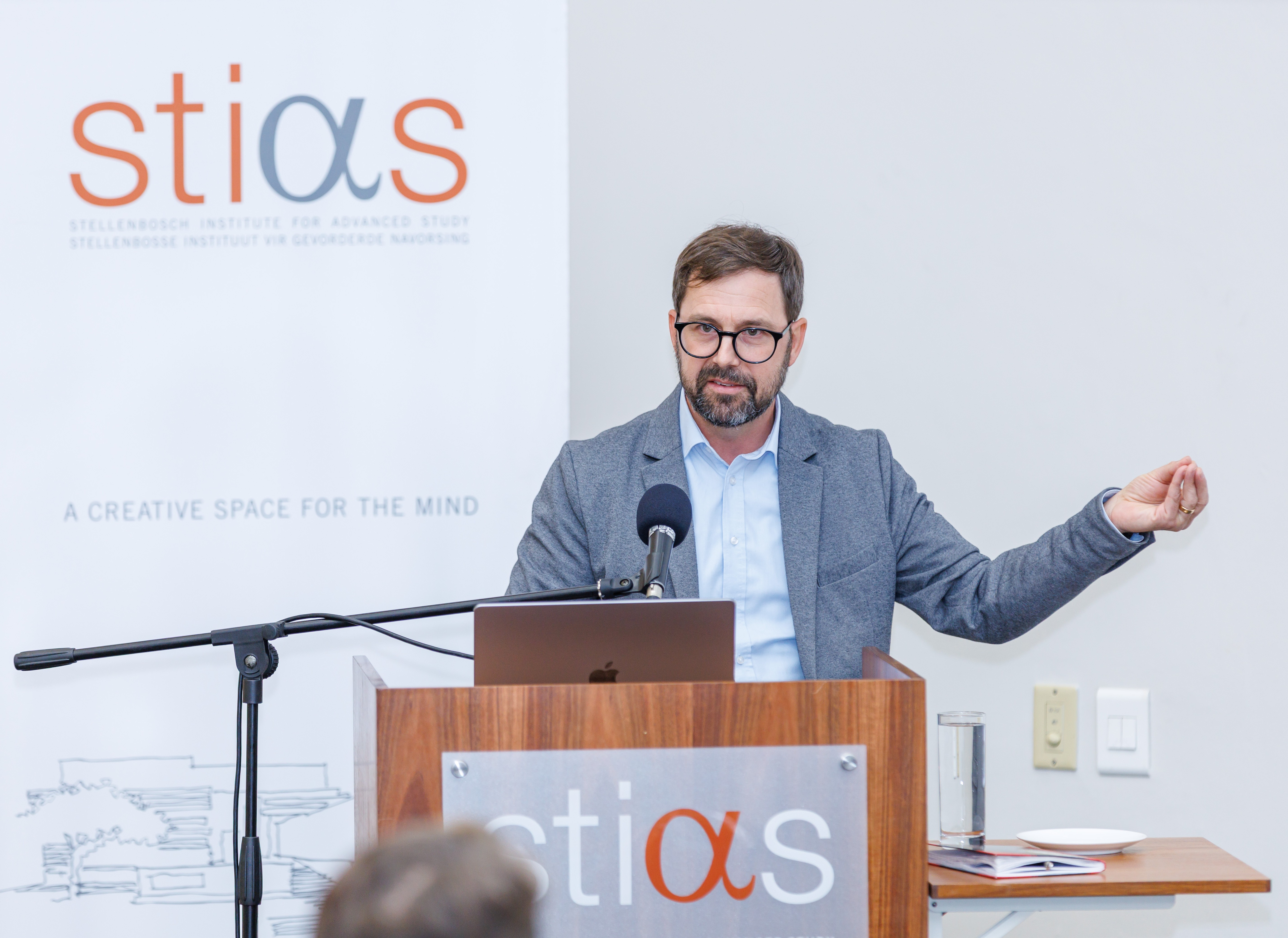Join a cohort of leading minds in a facility purpose-built for creative intellectual exchange. Designed to be a space that transcends disciplinary boundaries, STIAS is for everyone. And situated in the heart of the Winelands at the tip of Africa and in close proximity to nature, STIAS is made for the mind.
24 November 2025





















